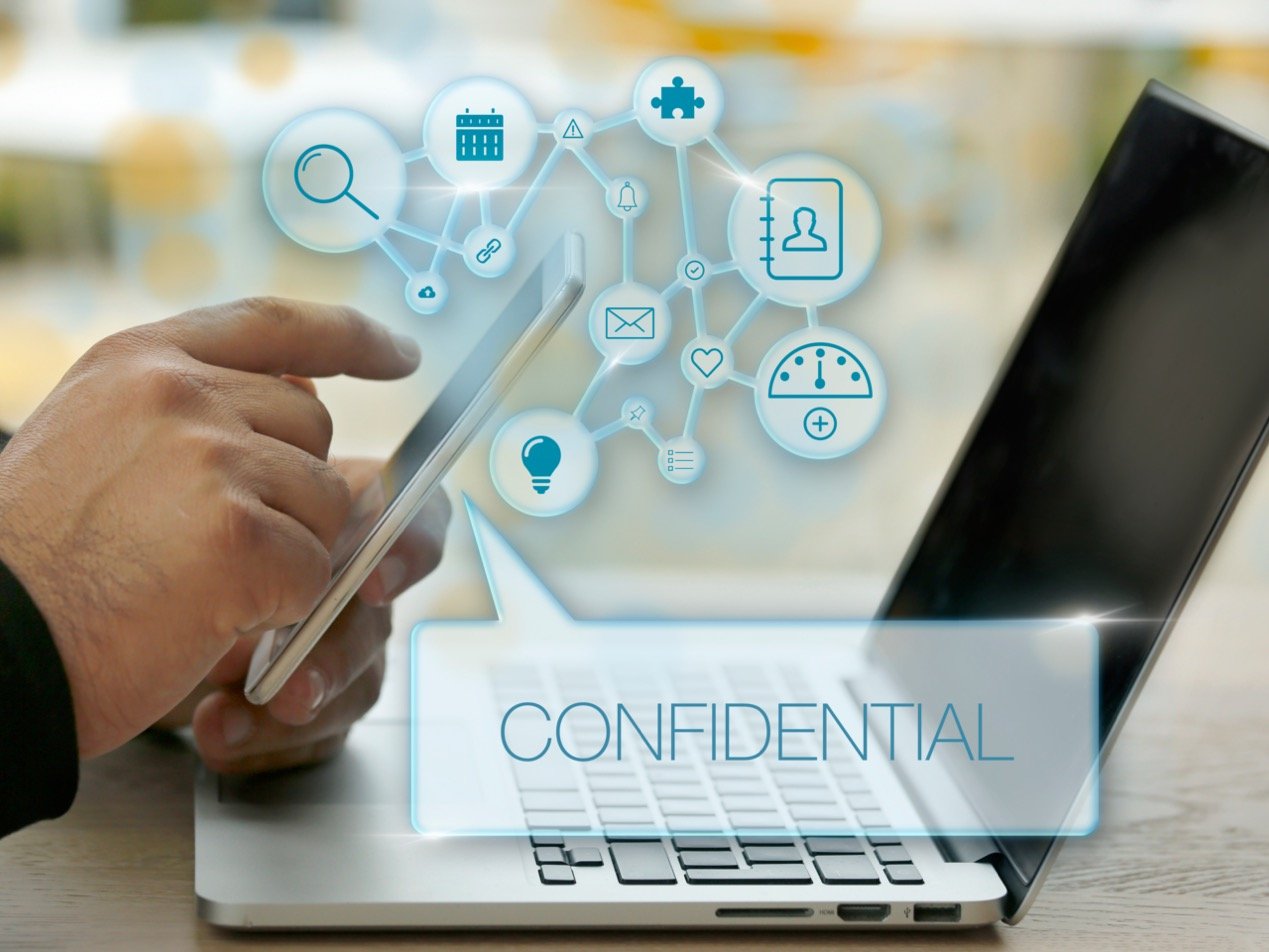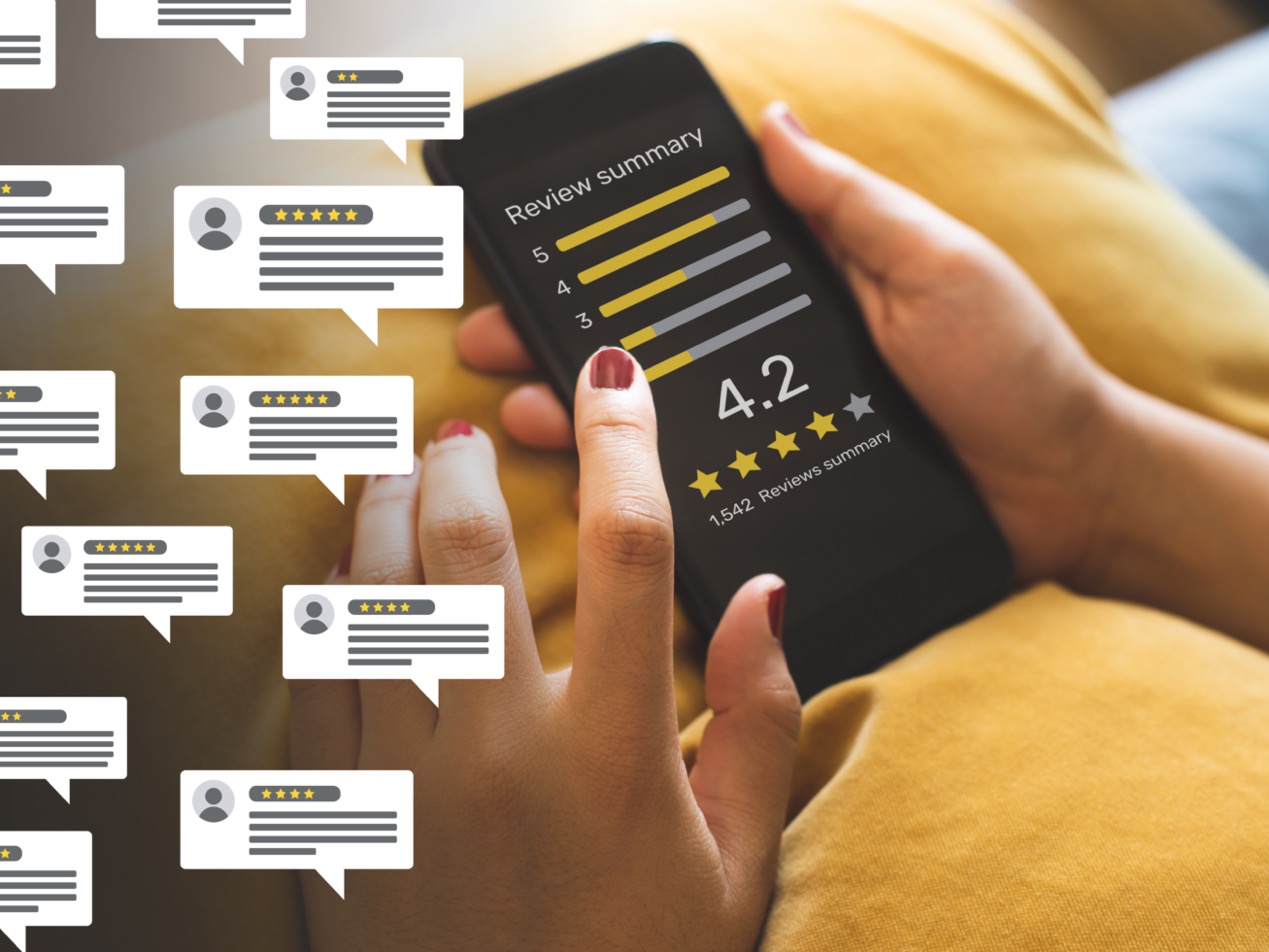
By Danielle Wayne, Anxiety Therapy for Millennial Professionals
As a therapist, you know the importance of protecting your clients’ information. When meeting with a new client for the first time, you likely review your privacy policy with them and assure them that their information is kept confidential.
You would never talk to an unauthorized person about your client. If you received a phone call asking for information about your client, you would uphold your ethical boundaries as a professional--as well as the law. However, did you know that you may be unintentionally jeopardizing your clients’ confidentiality via email? It’s true. Even if you are corresponding directly with your clients, their information may not be secure. Thankfully, there’s a solution: HIPAA compliant email . Danielle Wayne, an anxiety therapist and Paubox customer, recognizes the importance and benefits of encrypting emails. Read on for her insight around this topic.
How do unencrypted emails put my clients’ information at risk?
Many therapists fail to realize that email correspondence can breach confidentiality. You may think that only you and your clients see your messages, but that may not be the case if you do not encrypt your emails.
Hackers can access your messages
Using a message system that is not secure can allow third parties to see emails between you and your clients. Without encryption, hackers can easily access your messages. Think about it: You would not discuss private client information in a public space where others could overhear. That same risk is present with written communication as well.
How does encryption benefit clients?
When you think of helping your client, you likely think about your therapeutic relationship, the type of treatment modality you use, or the professional development courses you attend to grow your skillset. However, you can also benefit your client by using email encryption.
Encryption keeps your clients’ information secure
This goes without saying that this is the most important reason for encrypting your emails. When you ensure that your clients’ information is protected, you honor their right to privacy--both legally and ethically. The topics discussed in therapy are often extremely sensitive, and your client likely does not want this information to be widely shared. By using email encryption, your clients can rest assured knowing that their information is safe.
Encryption shows your client that you are a professional
By protecting your clients’ information via email encryption, you express that you are a conscientious professional who has gone to lengths to ensure that their information is secure. This demonstration of professionalism can help your clients trust you as a therapist. Since you are showing that you care about protecting their privacy, your clients may feel more comfortable opening up to you during sessions.
How does encryption benefit therapists?
Beyond the important benefits for clients, encryption also has benefits for you as a therapist.
Encryption keeps you in legal and ethical compliance
As a therapist, you likely take great pride in your professionalism. Just as you would not let your license lapse or cross a boundary in session, you want to comply with your professional ethics, as well as state and federal laws. The Health Insurance Portability and Accountability Act of 1996 ( HIPAA ) mandates that providers must keep clients’ health information confidential. This applies to mental health information as well: verbal, written, and electronic. Aside from the legal side of things, our professional ethics are important to us as therapists. All mental health professionals are held to high ethical standards, and protecting clients’ information is part of this.
Encryption allows you to conveniently communicate with your clients
After learning about how your clients’ information may not be protected over the internet, you may have considered whether you should give up on communicating online altogether. However, your time as a therapist is sacred, and you likely do not always have the opportunity to make a phone call. Shooting off a quick email is convenient for both you and your clients. Thankfully, encryption allows you to continue using email--and protects your clients’ information. With email encryption, you can ease your clients’ anxiety—and your own!
About the author
Danielle Wayne is a licensed clinical therapist. She specializes in helping millennials with anxiety through online therapy. When Danielle isn't helping her clients, she's spending time with her partner and stepkids and playing video games.
Subscribe to Paubox Weekly
Every Friday we'll bring you the most important news from Paubox. Our aim is to make you smarter, faster.



